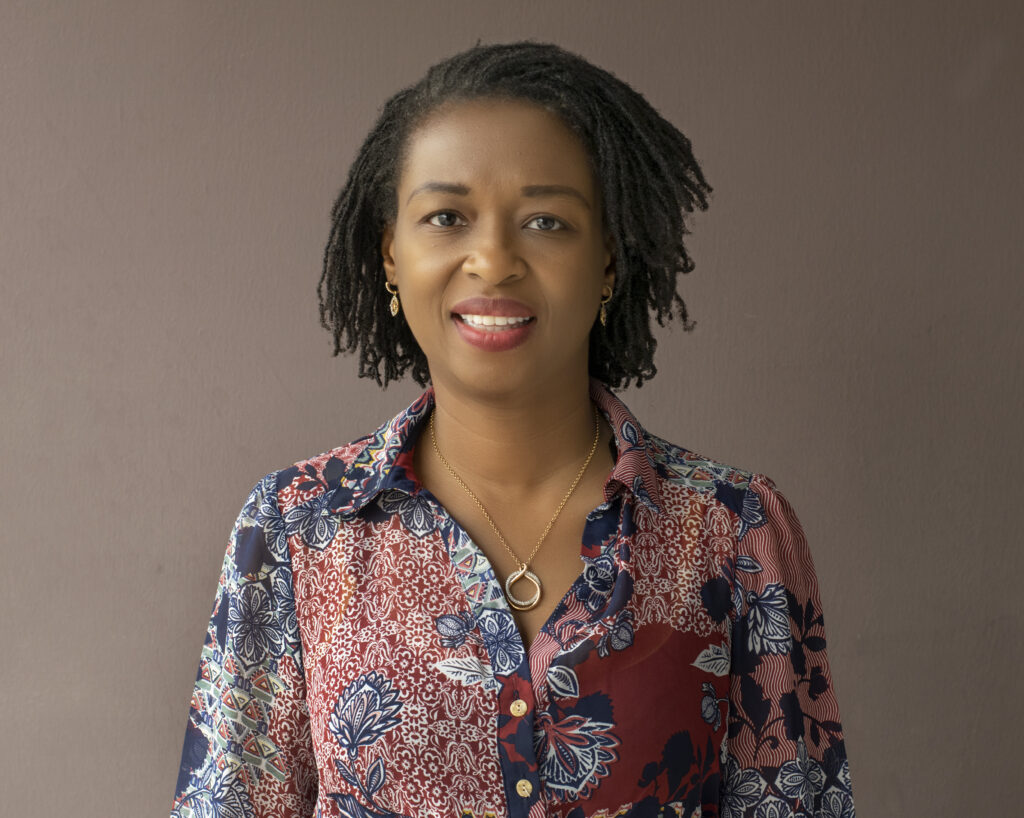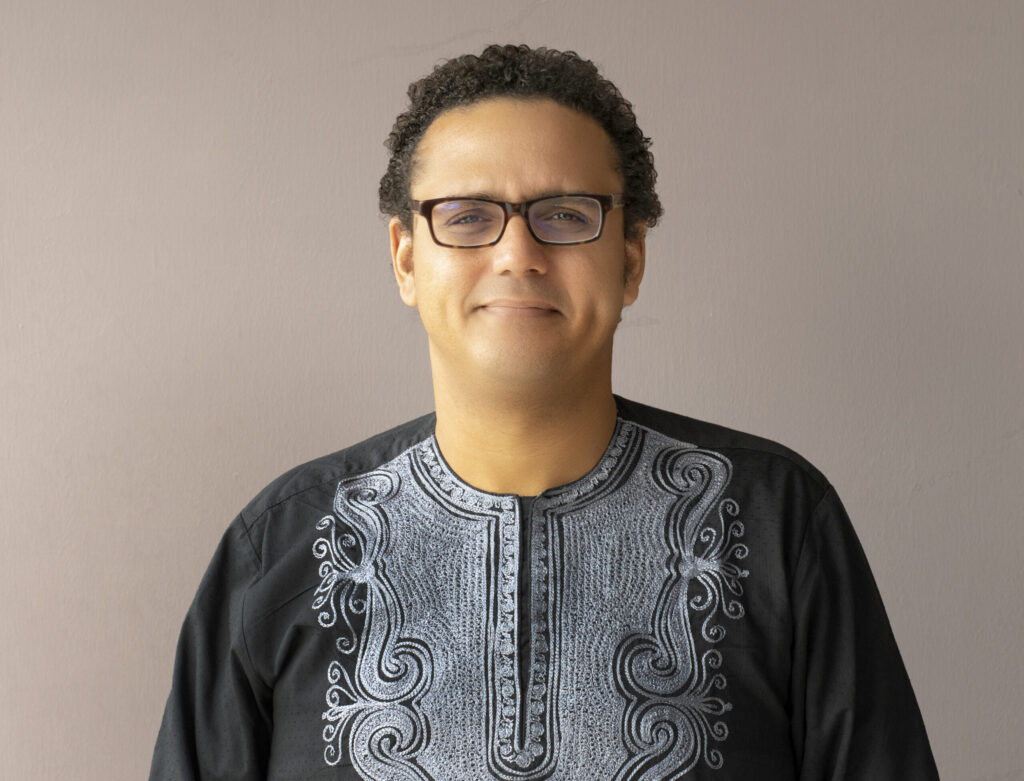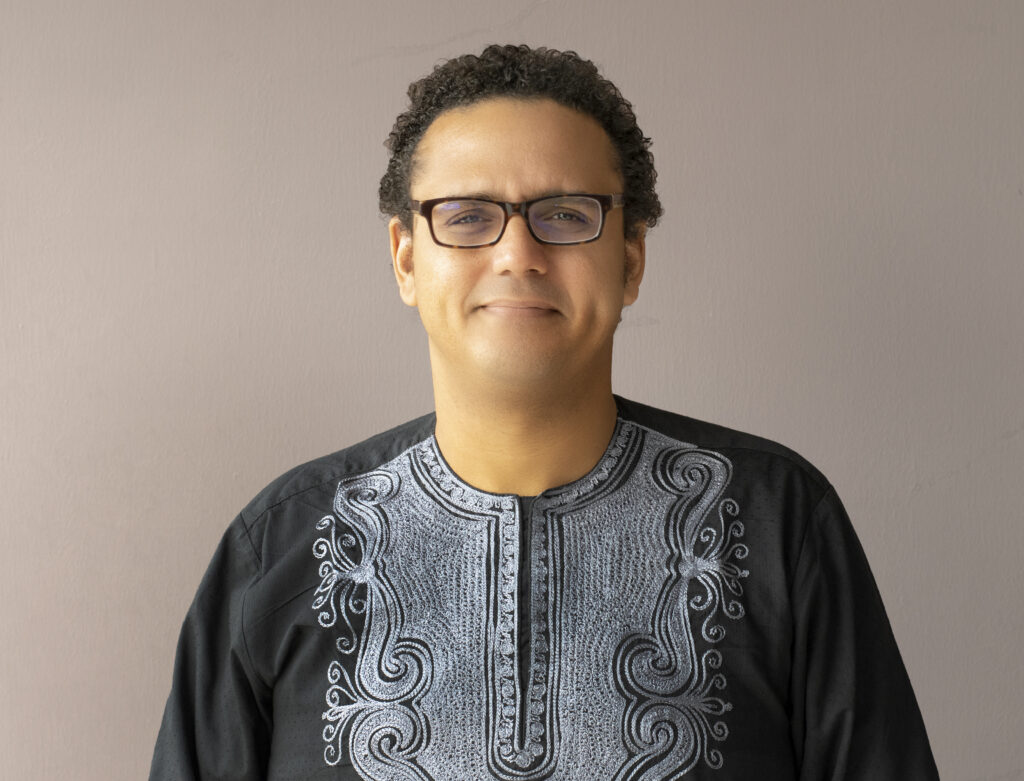
Maize is undoubtedly one of the most vital crops in Nigeria, providing sustenance and livelihoods for millions of farmers. However, its vulnerability to various diseases can pose a significant threat to agricultural productivity. To ensure the continued success of maize farming, it is crucial to understand these diseases and implement preventive measures. In this post, we will delve into some of the most destructive maize diseases, equipping you with knowledge to protect your crops effectively.
Maize Lethal Necrosis (MLN)
Among the gravest threats to maize farming in Nigeria is MLN, a viral disease transmitted by insects. This destructive ailment causes yellowing, stunting, and ultimately the death of maize plants. MLN is a serious threat to maize farming in Nigeria, but farmers can prevent it by using MLN-resistant maize varieties, controlling the insect vectors, and practicing good farm hygiene. According to Crop Science Bayer, MLN can cause complete crop failure, hence prevention is paramount, as there is currently no cure for MLN.

Maize Rust
Maize rust, a fungal disease, manifests as yellow-orange pustules on the leaves, compromising the plant’s ability to produce food effectively. It is prevalent in humid regions but can be mitigated through the cultivation of rust-resistant maize varieties, prompt removal of infected plants, and the application of suitable fungicides. By implementing these preventive measures, farmers can safeguard their maize crops from the debilitating effects of rust.

Grey Leaf Spot (GLS)
This fungal disease causes grayish lesions on the leaves, leading to yield losses of up to 50%. GLS can be prevented by planting resistant varieties, practicing crop rotation, and judiciously apply fungicides. By taking these precautions, farmers can effectively ward off the damaging impacts of GLS and ensure their yields remain robust.

Stalk Rot
Stalk rot poses a significant threat to maize plants, weakening them by causing rot in the stalks. To combat this fungal disease, farmers should select resistant maize varieties, promote adequate soil drainage, and avoid excessive fertilization. By implementing these preventive measures, farmers can fortify their crops against stalk rot, ensuring their maize plants remain sturdy and resilient.

Whether you are a farmer or just someone who cares about the quality and availability of maize in our food system, it is essential to be aware of the various diseases that can impact maize crops. Maize is a vital crop that provides sustenance and livelihoods for millions of people, and disease outbreaks can lead to significant yield losses and food insecurity. By taking preventive measures and being vigilant for signs of disease, we can help protect our maize crops and ensure that they continue to thrive. Remember, it takes a collective effort to secure our food supply, and each of us has a part to play in cultivating healthy and thriving maize crops.





